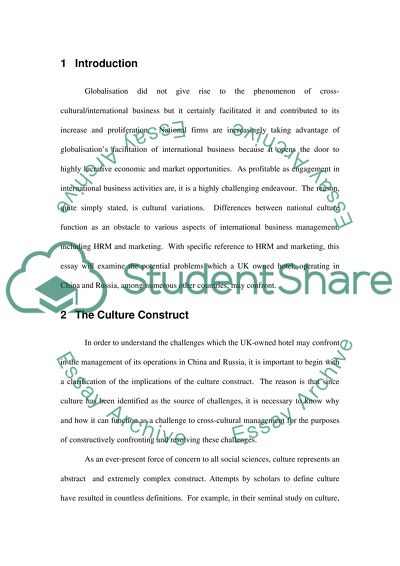Cite this document
(“International Business - Cultural Differences Essay”, n.d.)
International Business - Cultural Differences Essay. Retrieved from https://studentshare.org/miscellaneous/1507512-international-business-cultural-differences
International Business - Cultural Differences Essay. Retrieved from https://studentshare.org/miscellaneous/1507512-international-business-cultural-differences
(International Business - Cultural Differences Essay)
International Business - Cultural Differences Essay. https://studentshare.org/miscellaneous/1507512-international-business-cultural-differences.
International Business - Cultural Differences Essay. https://studentshare.org/miscellaneous/1507512-international-business-cultural-differences.
“International Business - Cultural Differences Essay”, n.d. https://studentshare.org/miscellaneous/1507512-international-business-cultural-differences.


